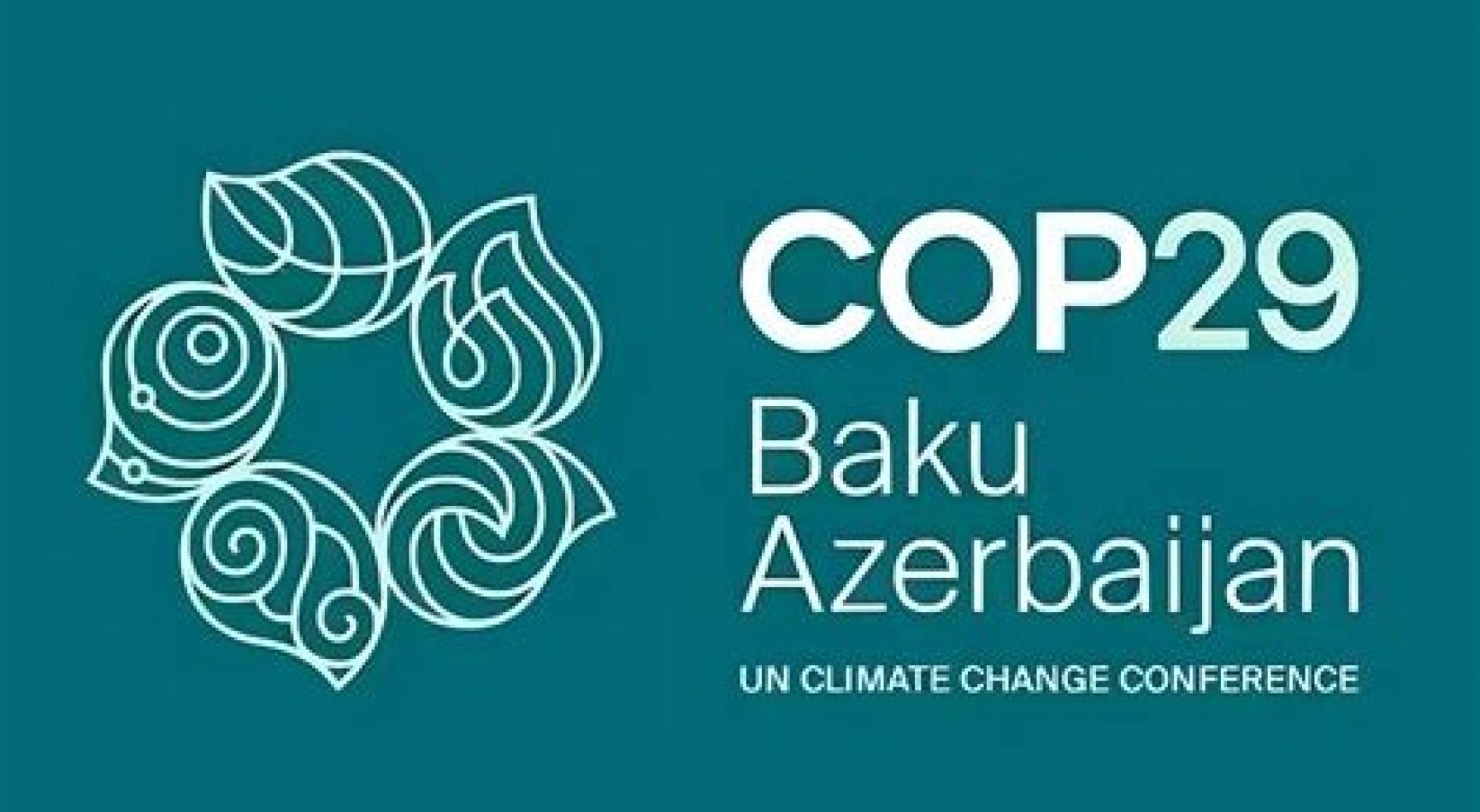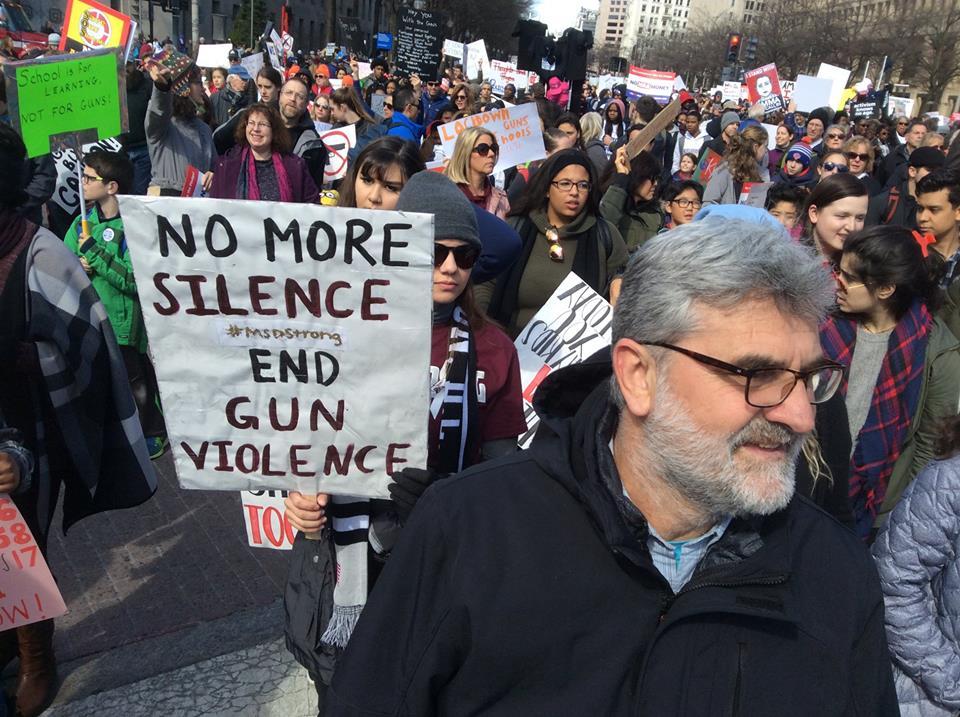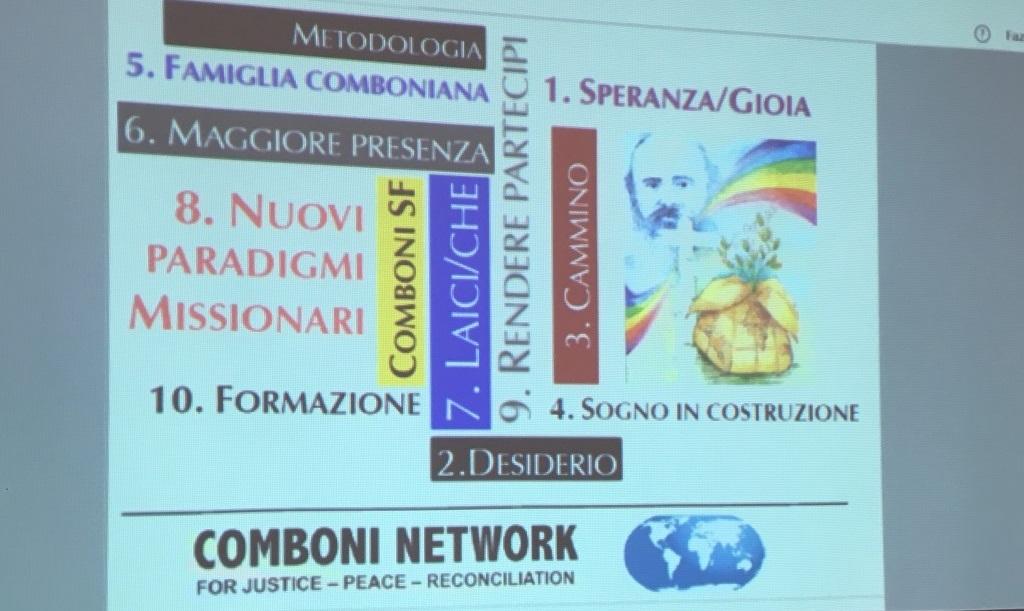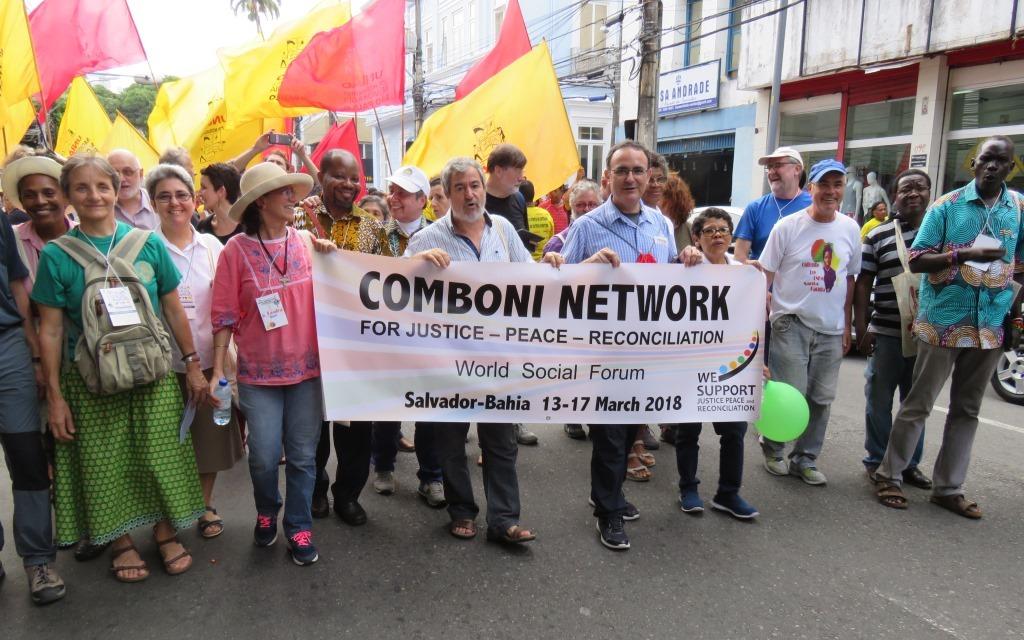On the night of Saturday 23 November, two days after the deadline and after two weeks of seemingly deadlocked negotiations, the UN Climate Change Conference (COP29) came to a close. In the end, an agreement was reached, with rich nations pledging to raise $300 billion a year by 2035 to help poorer countries mitigate the devastating effects of global warming, up from the current target of $100 billion. Under the agreement, $300 billion will go to developing countries that need the money to phase out the coal, oil and gas that cause global warming, to adapt to a warming climate and to respond to loss and damage from climate disasters.
While this amount falls short of the $1.3 trillion total requested by developing countries, it is three times more than the $100 billion a year pledged in the 2009 agreement, which is about to expire. Moreover, there is no explicit mention in the outcome documents of the decision to “transition” away from fossil fuels, a key outcome of COP28 in Dubai. It is only implied when referring to the Accord adopted last year. SIR discussed the issue with Giuseppe Milano, Secretary General of the non-profit organisation Greenaccord.
Is it a step in the right direction, according to the view of some delegations, or is the outcome well below expectations, as many others believe?
If we look at the results from a purely numerical point of view, it is undeniable that the Baku Summit was a step forward compared to the previous agreement. However, looking at this analysis from a pragmatic and holistic perspective, a qualitative approach should also be included. And from this perspective, two concerns emerge. The first is that the previous target of USD 100 billion per year, set without broad technical, scientific and political consensus at previous Climate Conferences, was more announced than disbursed, leaving the poorest and most vulnerable countries facing extreme and increasingly catastrophic weather events with insufficient resources for mitigation and adaptation.
Secondly, the decision to allocate only USD 300 billion to vulnerable countries such as developing countries – those most affected by adverse weather events, but also those least responsible for climate change – is shocking, given the potential need for an extraordinary USD 1.3 trillion per year to be invested in both mitigation and adaptation, as well as in dealing with ‘loss’ and ‘damage’. Given that the average global temperature is expected to exceed 1.5°C, it testifies to the crisis of solidarity-based multilateralism on the one hand, and to the cultural hegemony of the fossil fuel lobbies sabotaging democratic equilibrium on the other.
Annual financial flows to poor countries are expected to reach USD 1.3 trillion by 2035, involving actors such as multilateral development banks (MDBs) and the private sector. But won’t this agreement put an even greater burden on heavily indebted countries?
Indeed, it will. The real solution lies in cancelling debt, as Pope Francis has long advocated, or prioritising public finance to ensure fair and equitable decarbonisation.
If, in a twisted game of semantics, the definition of debt is redefined, the problem will remain unresolved. In fact it will be exacerbated and the final reckoning will draw nearer. The countries of the global South, which are not always united in their demands and claims, need to be accompanied and not exploited, so that ecological conversion and energy transition may also become an opportunity for progress and transformation for them. Instead, today we are helpless and indifferent witnesses to the immoral land grabbing and the unacceptable hoarding of natural resources, which undermine the right of African (and not only African) populations not to become climate migrants and victims of an inhumane financial model. The consequences of climate change should not be borne by those who don’t exacerbate it, nor should those who caused it avoid paying for it.
China is now a contributor to climate finance, albeit on a voluntary basis: isn’t that insufficient for a country that is rich, powerful and a major polluter?
Due to the contradictions of an immature eco-diplomacy, China is still classified as a developing country, even though it has had a seat at the G20 table for some time and is one of the most politically influential countries on the international geopolitical stage. Moreover, under the Trump administration, it cannot be ruled out that its prestige will increase and that China will assume a strategic role as a leader or key player in trade or negotiation processes. Indeed, despite being one of the world’s largest annual greenhouse gas emitters (along with the US), China has invested tens of billions of dollars in renewable energy in recent years – with record-breaking floating offshore solutions and storage systems – in order to accelerate its own decarbonisation and rehabilitate its self-image.
In the light of the above, it is hoped that China, with a forward-looking and transparent approach that is not too evident today, will embark on a path that will significantly promote clean energy and biodiversity protection, by increasing its GDP, redistributing wealth and contributing responsibly to the Loss and Damage Fund to compensate all the most vulnerable nations (e.g. those in South East Asia) that have been devastated by multiple climate disasters in recent years. The scientific evidence is increasingly clear: the era of climate ambiguity is over.
How was the fossil fuel phase-out received?
COP29 was a complete failure in terms of the quantity and quality of the agreements reached. In fact, this last COP will be remembered not only for the lack of ambition of Western countries to accelerate the energy transition, with a final agreement that does not revive the very limited “transition away” of COP28 in Dubai, nor does it stress the distance from the target of tripling renewables by 2030 as per the outcome of COP27, not to mention the unexpected claim by the President of Azerbaijan that “oil and gas are a gift of God”.
As Christians and environmentalists, we must realise that the sole “gifts of God”, as we read in Laudato Si’, starting with “Mother Earth”, are all the natural resources of the planet, that we should be able to use in a sensible and rational way in order to promote widespread prosperity and the conditions for renewal. Solidarity and sustainability are two sides of the same coin, namely social and environmental justice, which either becomes a universal right for all or runs the risk of benefiting only a privileged few.
The text reaffirms the need for “deep, rapid and sustained reductions of greenhouse gas emissions consistent with 1.5°C pathways.” Is it enough just to have a reference to the “need”?
While this is indeed a positive reminder, if after twenty-nine COPs there is still no majority consensus on the urgency of phasing out fossil fuels and reducing climate-changing emissions, with many countries like Italy continuing to waste billions on environmentally harmful subsidies, it means that climate conferences – as some of the most distinguished climate experts have acknowledged in recent weeks – need to be radically reformed, both because a number of global tipping points have been irreversibly breached and because climate deniers or representatives of fossil fuel multinationals should not be allowed to attend climate conferences.
In view of the above, the meaningful adoption of Article 6 of the Paris Agreement, which sets out the principles for carbon markets, is likewise insufficient, as it leaves unanswered the real question raised by the poorest countries and climate NGOs, namely, “Who pays for decarbonisation?”.
Trump announced his intention to withdraw the US from the Paris Agreement in January. If this happens, what will be the consequences?
This is the realm of the hyperuranium. The US would have to pull out of the Paris accord again. And perhaps Milei’s Argentina would follow suit. There is no certainty about what will happen, but it is not hard to imagine. In addition to China’s predicted increased role, the European Union’s leadership could – and hopefully will – grow and, especially, guide and shape international financial processes with its policies. Indeed, at COP29, as after COP28, it became clear that, in addition to the multilateral development banks, an increasing number of financial institutions are turning their investments towards renewable energies and decarbonisation technologies, with the major obstacle, at various levels, of governments’ reluctance, still overly committed to fossil fuels and to a 20th century turbo-capitalism model that continues to generate inequalities.
Many scientists and scholars are unanimous in stressing that the costs of climate inaction are far greater than the costs of climate action. In other words, whatever we fail to invest in prevention and education today, we may have to spend an enormous amount more tomorrow to restore the minimum conditions of liveability in urban areas, not to mention the countless damages to innocent victims caused by extreme weather events, which are growing sharply across the globe.
If this is such an unsatisfactory agreement, then what can we look forward to? What steps can be taken to prevent climate change-related disasters around the world?
There is no ‘one-size fits all’ solution. To paraphrase Beck, we live in a modern “world risk society”, meaning that we must learn to live together without fear, and seek to turn complexity into an extraordinary opportunity for discernment and change, challenging our individual and collective lifestyles and thus turning our cities into alternative repositories of biodiversity. If the forecast of 9 billion people by the end of the century becomes a reality, a rebalancing of international demands and local needs will require cities to become primary drivers of democracy and poles of climate resilience, with energy citizenship spread across polycentric urban networks capable of averting the water crisis, the dangers of desertification and tropicalisation of temperatures, the risk of biodiversity loss and the threat of energy poverty or social inequalities.
In the last three years, the EU and the G20 countries have spent tens of billions on armaments and wars, with thousands of innocent victims. Unless funds and investments are shifted from wars to the climate crisis, not only will we see the spotlight shift from genocide to ecocide, but we may also have lost the taste for peace and fraternity. Christians have a duty to be speak out and bear witnesses. It is high time for them to follow the example of Saint Francis and choose the path of integral ecology and social justice.
Gigliola Alfaro – SIR
 Questo sito utilizza cookie, anche di terze parti, per inviarti pubblicità e servizi in linea con le tue preferenze. Se vuoi saperne di più o negare il consenso a tutti o ad alcuni cookie clicca qui. Chiudendo questo banner o cliccando qualunque suo elemento acconsenti all'uso dei cookie.
Questo sito utilizza cookie, anche di terze parti, per inviarti pubblicità e servizi in linea con le tue preferenze. Se vuoi saperne di più o negare il consenso a tutti o ad alcuni cookie clicca qui. Chiudendo questo banner o cliccando qualunque suo elemento acconsenti all'uso dei cookie.



